intermediate taps Factory
Choosing the right intermediate taps factory is crucial for ensuring high-quality threading solutions. This guide delves into the essential factors to consider when selecting a manufacturer, covering material choices, precision engineering, quality control measures, and the specific needs of various applications.
Understanding Intermediate Taps
What are Intermediate Taps?
Intermediate taps, also known as second taps, are essential tools used in threading processes. They are designed to create threads in pre-drilled holes after a starter tap has begun the process. Their tapered design allows for smoother cutting and chip removal, resulting in more accurate and consistent threads. Choosing the right intermediate tap is important for achieving the desired thread quality and preventing tool breakage.
Key Features of High-Quality Intermediate Taps
- Material: High-Speed Steel (HSS), High-Speed Steel Cobalt (HSS-Co), and Powder Metallurgy High-Speed Steel (PM-HSS) are common choices. Each offers different levels of hardness, wear resistance, and heat resistance.
- Geometry: The number of flutes, helix angle, and chamfer design all affect the tap's performance in different materials.
- Coating: Coatings like Titanium Nitride (TiN), Titanium Carbonitride (TiCN), and Aluminum Titanium Nitride (AlTiN) can improve wear resistance, reduce friction, and extend tool life.
- Precision: Tight tolerances are critical for accurate thread formation and ensuring compatibility with fasteners.
Factors to Consider When Choosing a Taps Factory
Experience and Reputation
A reputable taps factory with years of experience is more likely to have the expertise and quality control processes in place to produce reliable tools. Look for factories with certifications such as ISO 9001. Wayleading Tools, for example, has a long history of providing high-quality threading solutions.
Material Selection and Quality Control
The quality of the raw materials used in tap manufacturing directly affects the tool's performance and lifespan. A reliable taps factory will use high-grade materials and implement strict quality control measures throughout the manufacturing process. They should be able to provide material certifications and testing reports upon request. For example, the use of PM-HSS can significantly extend the life of a tap, especially when working with abrasive materials.
Manufacturing Capabilities and Technology
The taps factory should possess advanced manufacturing equipment, including CNC grinding machines and inspection tools. These technologies enable them to produce taps with precise geometries and tight tolerances. Automated processes can also improve consistency and reduce the risk of errors. Visit or request a virtual tour of Wayleading Tools' facilities to assess their capabilities.
Customization Options
Depending on your application, you may require custom-designed taps. A good taps factory should be able to offer customization options, including:
- Special Coatings
- Modified Geometries
- Non-Standard Sizes
Discuss your specific needs with the factory to determine if they can meet your requirements. Wayleading Tools is able to produce to customer specifications and custom markings.
Pricing and Lead Times
While quality is paramount, pricing and lead times are also important considerations. Obtain quotes from multiple intermediate taps factories and compare their prices. Consider the total cost of ownership, including the tap's lifespan and the cost of downtime due to tool failures. Also, inquire about lead times for both standard and custom taps. Some factories may offer expedited services for urgent orders.
Customer Support and Service
A responsive and helpful customer support team can make a big difference. The taps factory should be able to answer your questions promptly, provide technical support, and assist with any issues that may arise. Inquire about their warranty policies and return procedures.
Evaluating Intermediate Taps Factory Options
Requesting Samples and Testing
Before placing a large order, request samples of intermediate taps from different factories. Test the samples in your application to evaluate their performance. Pay attention to factors such as thread quality, tool life, and chip evacuation. Document your findings and compare the results. Testing provides invaluable data for making a data-driven decision.
Factory Audits and Certifications
If possible, conduct a factory audit to assess the manufacturer's quality control processes, equipment, and working conditions. Look for certifications such as ISO 9001, which indicates that the factory has implemented a quality management system. These audits provide assurance that the manufacturer is committed to producing high-quality products.
Reading Reviews and Testimonials
Search online for reviews and testimonials from other customers. These reviews can provide valuable insights into the factory's reputation and customer service. Be sure to read both positive and negative reviews to get a balanced perspective.
Material Comparison Table
| Material | Hardness | Wear Resistance | Heat Resistance | Cost |
|---|---|---|---|---|
| HSS | Medium | Medium | Medium | Low |
| HSS-Co | High | High | High | Medium |
| PM-HSS | Very High | Very High | Very High | High |
Conclusion
Selecting the right intermediate taps factory requires careful consideration of several factors, including experience, quality control, manufacturing capabilities, and customer service. By following the steps outlined in this guide, you can make an informed decision and ensure that you obtain high-quality taps that meet your specific needs. Always remember to prioritize quality and reliability over price to minimize downtime and maximize productivity. By choosing Wayleading Tools you are assured to achieve this.
Related products
Related products
Best selling products
Best selling products-
 Single Wheel Knurling Tools With Straight Pattern For Industrial Type
Single Wheel Knurling Tools With Straight Pattern For Industrial Type -
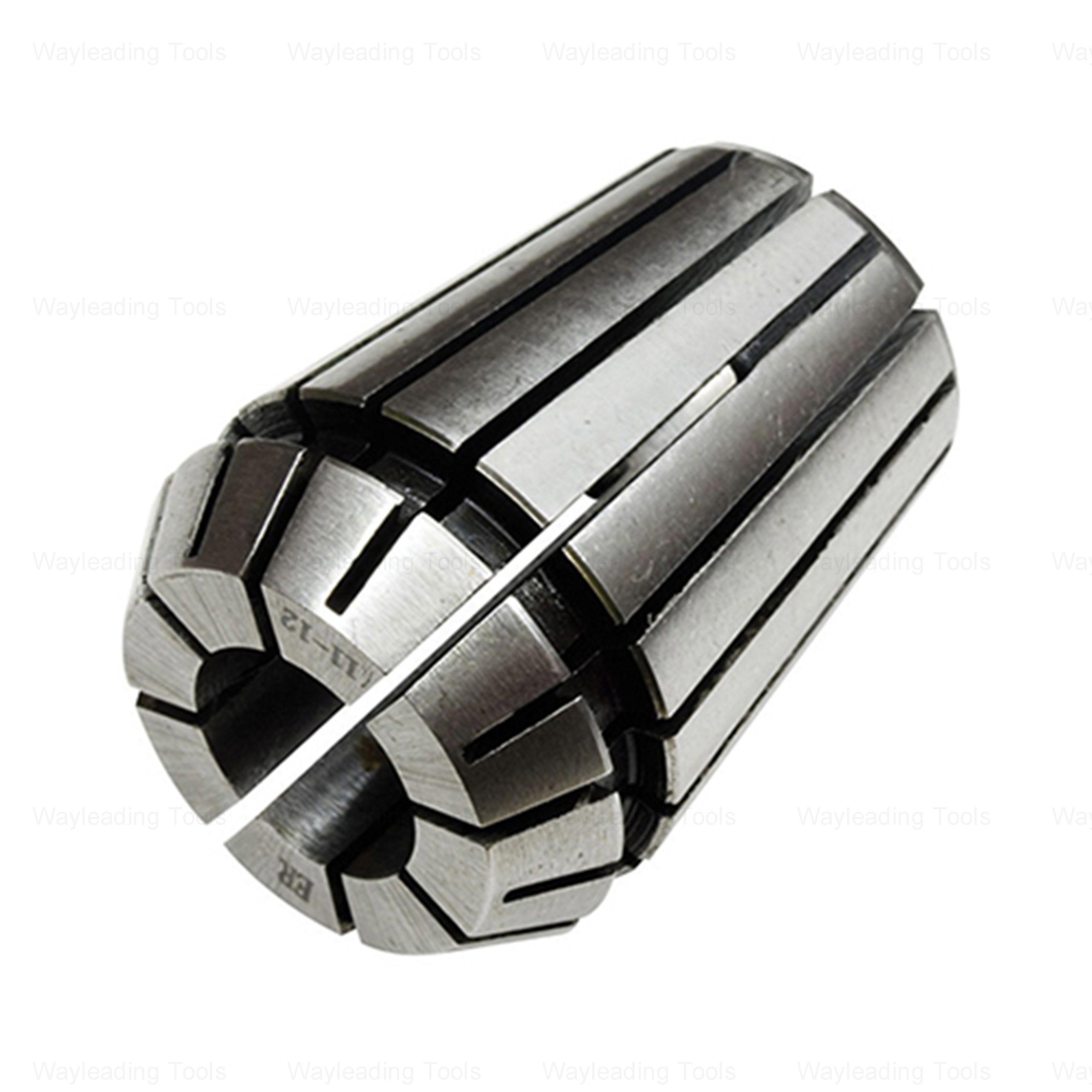 Metric ER Collets – High Precision, for Milling Applications
Metric ER Collets – High Precision, for Milling Applications -
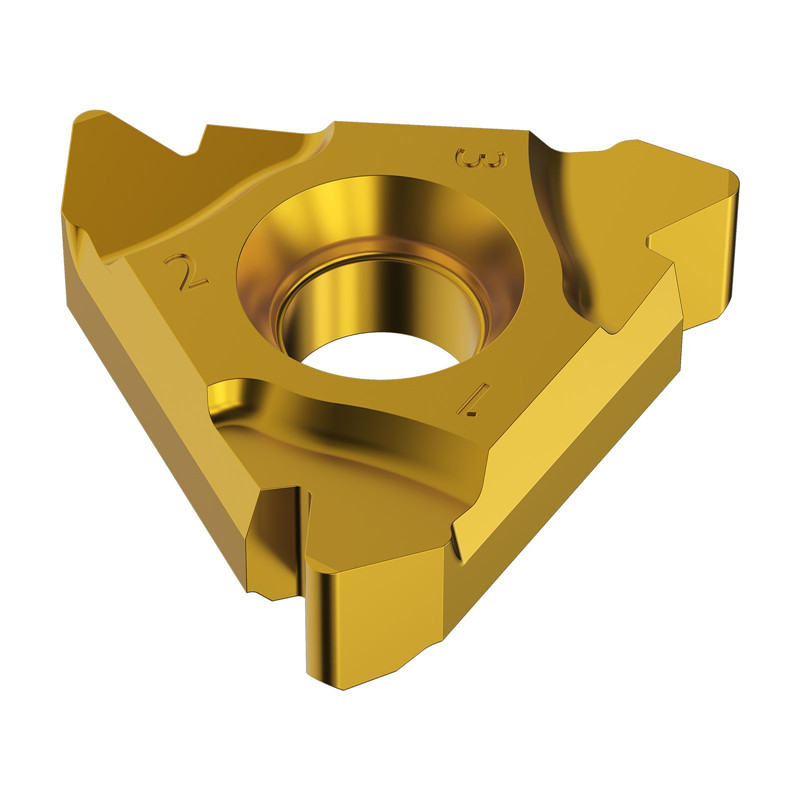 Partial profile 60° Threading Insert With ER & IR Type
Partial profile 60° Threading Insert With ER & IR Type -
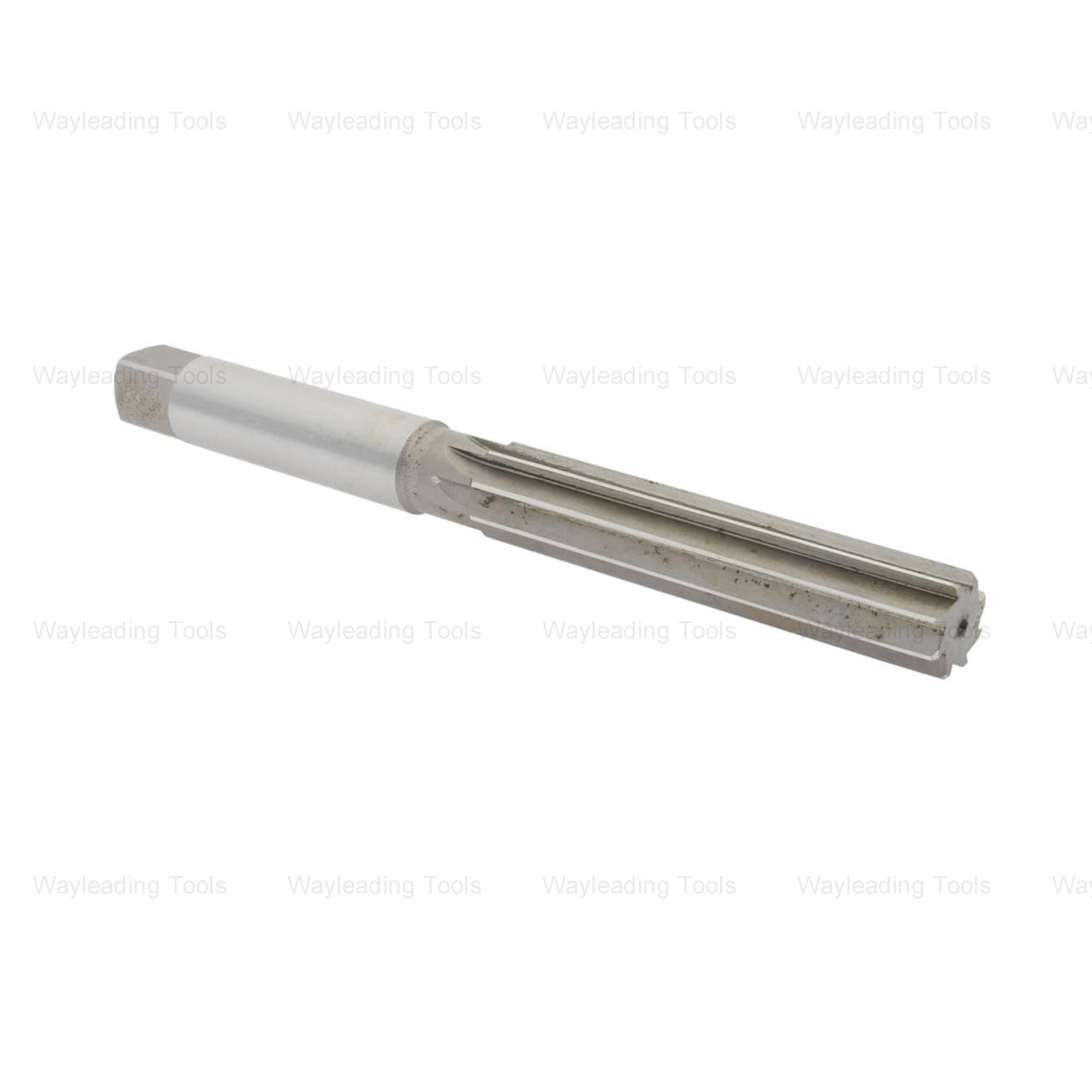 HSS Hand Reamers – Metric & Inch Sizes, Straight or Spiral Flutes
HSS Hand Reamers – Metric & Inch Sizes, Straight or Spiral Flutes -
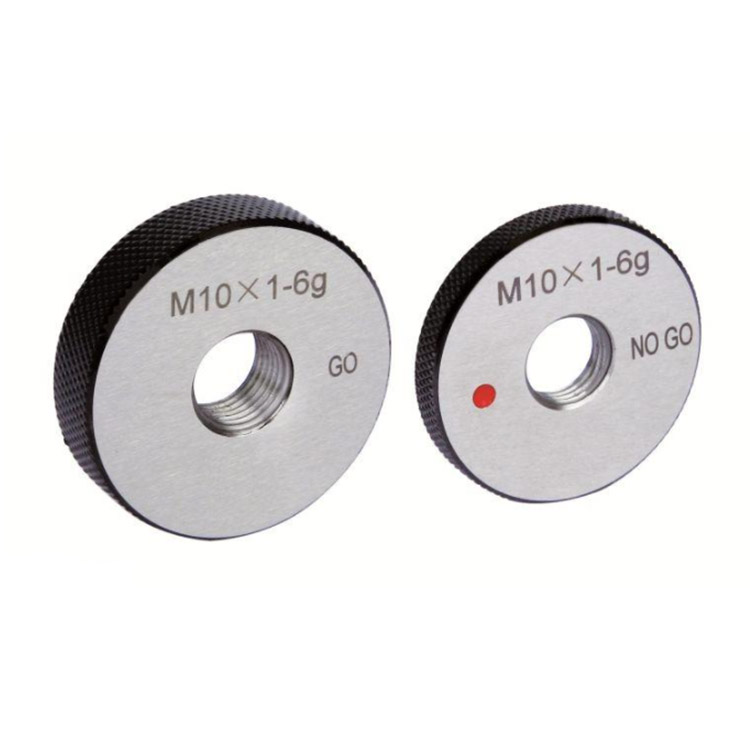 Metric Thread Ring Gauge 6g Accuracy With Go & NO Go
Metric Thread Ring Gauge 6g Accuracy With Go & NO Go -
 Precision Outside Micrometer Of Inch & Metric With Rachet Stop
Precision Outside Micrometer Of Inch & Metric With Rachet Stop -
 Inch ER Collets With Hight Precision Milling
Inch ER Collets With Hight Precision Milling -
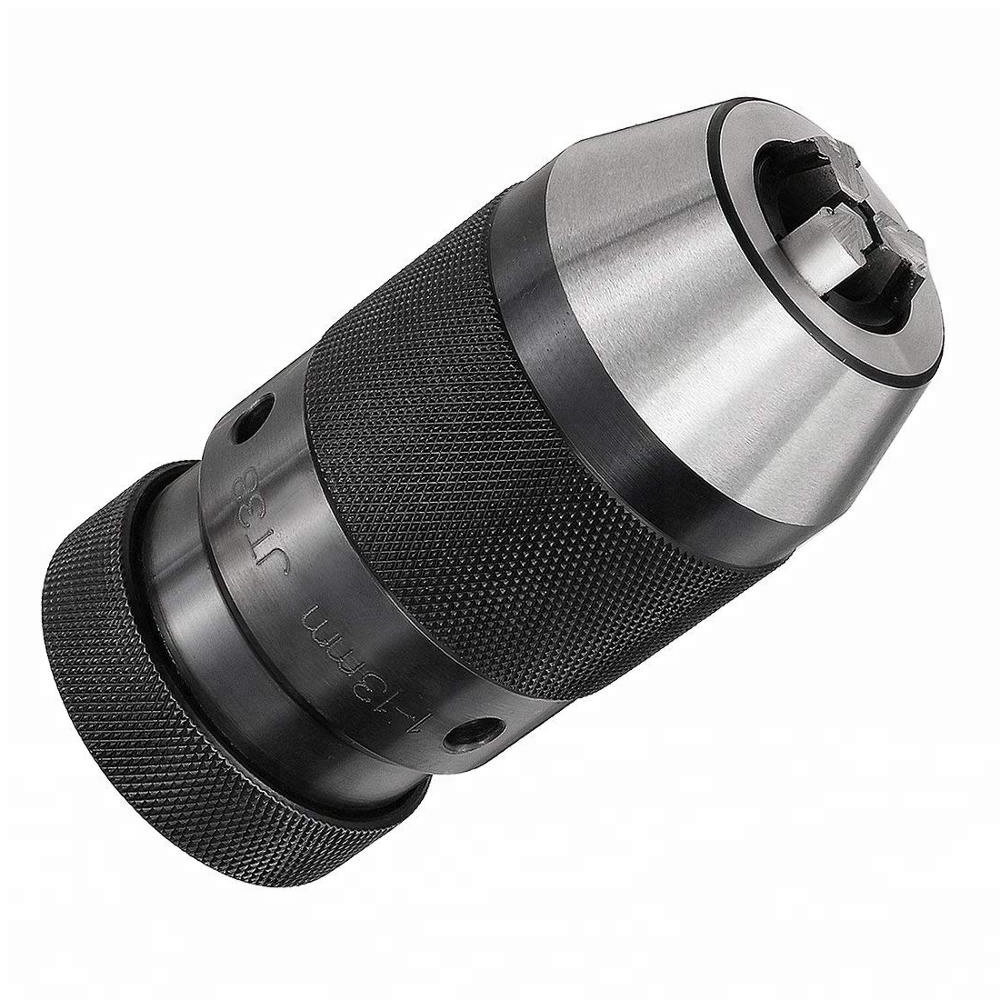 Keyless Drill Chuck With Heavy Duty Type
Keyless Drill Chuck With Heavy Duty Type -
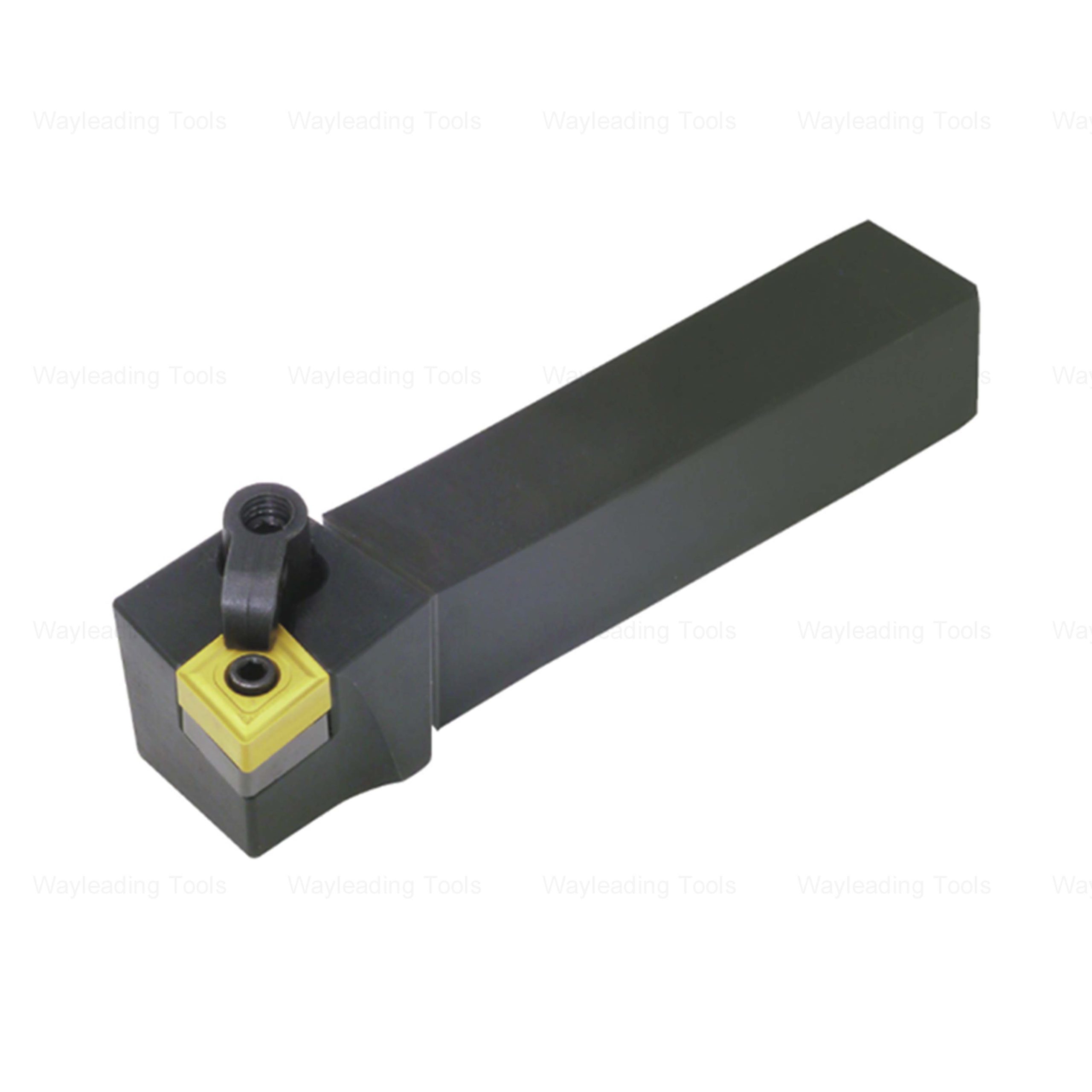 MCLN Indexable Turning Tool Holder
MCLN Indexable Turning Tool Holder -
 HSS Inch Screw Slotting Saws For Industrial With Bright Or TiN Coated
HSS Inch Screw Slotting Saws For Industrial With Bright Or TiN Coated -
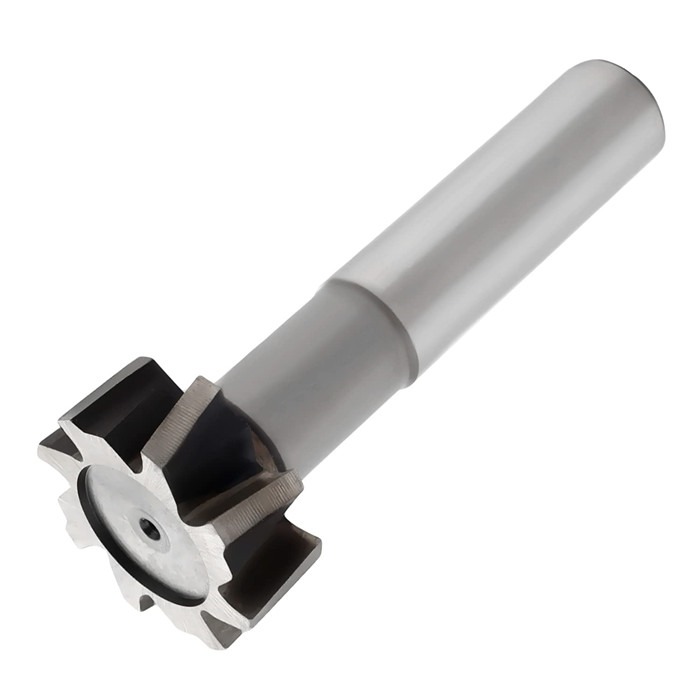 HSS Metric & Inch T Slot End Mill For Industrial
HSS Metric & Inch T Slot End Mill For Industrial -
 Precision Monoblock Vernier Caliper With Nib Style Jaws Of Metric & Imperial For Industrial
Precision Monoblock Vernier Caliper With Nib Style Jaws Of Metric & Imperial For Industrial
Related search
Related search- Tap Extractor
- carbide end mill cutter Factories
- indexable drilling cutters Suppliers
- 5pcs/set long series center drills Manufacturer
- high feed indexable face mills Manufacturers
- ISO 50 tool holder
- Wholesale telescoping gages
- carbide tipped dead center
- flat root spline cutter
- QE parting and grooving insert Supplier










